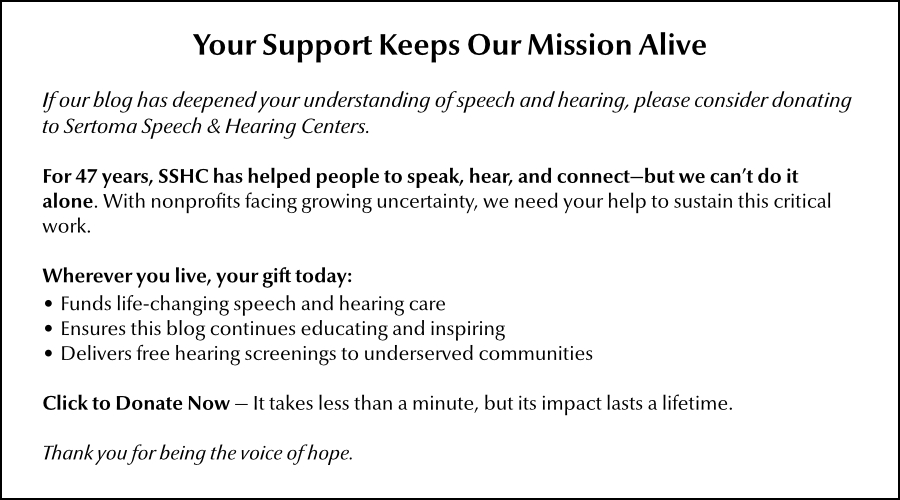Results of a new study show that glucose levels affect voice characteristics, specifically the fundamental frequency. The researchers measured glucose levels using a continuous glucose monitor (CGM). As the participants' glucose levels changed, their voice frequencies varied in sync.
Context: People with diabetes don't produce enough insulin (the hormone that helps glucose enter cells), or their bodies don't use insulin effectively. This leads to periods of high blood sugar (hyperglycemia) or low blood sugar (hypoglycemia), which have significant health consequences.
Why it matters
Voice monitoring of blood sugar would be welcomed with open arms by people with diabetes who depend on finger pricks or wearable sensors.
- Accurate detection of glucose levels is vital for preventing health problems.
How it works
Researchers discovered that changes in glucose levels influence the vocal folds, the vibrating structures in your throat that produce sound.
- High glucose levels cause slight changes in voice pitch.
- It's like strings on a guitar—tighter strings produce higher-pitched sounds.
The study
- Over 500 participants wore continuous glucose monitors and recorded their voices multiple times daily for two weeks.
- For every 1 mg/dL increase in blood glucose, the participants' average voice pitch increased by a small but measurable, statistically significant amount (0.02 Hz).
- This effect was observed across different diabetic classifications (non-diabetic, prediabetic, and Type 2).
Next steps
Once the researchers have determined the physiology behind the connection between glucose and voice frequency, they can explore voice as a noninvasive glucose monitoring tool.
We'll keep you posted on developments.


